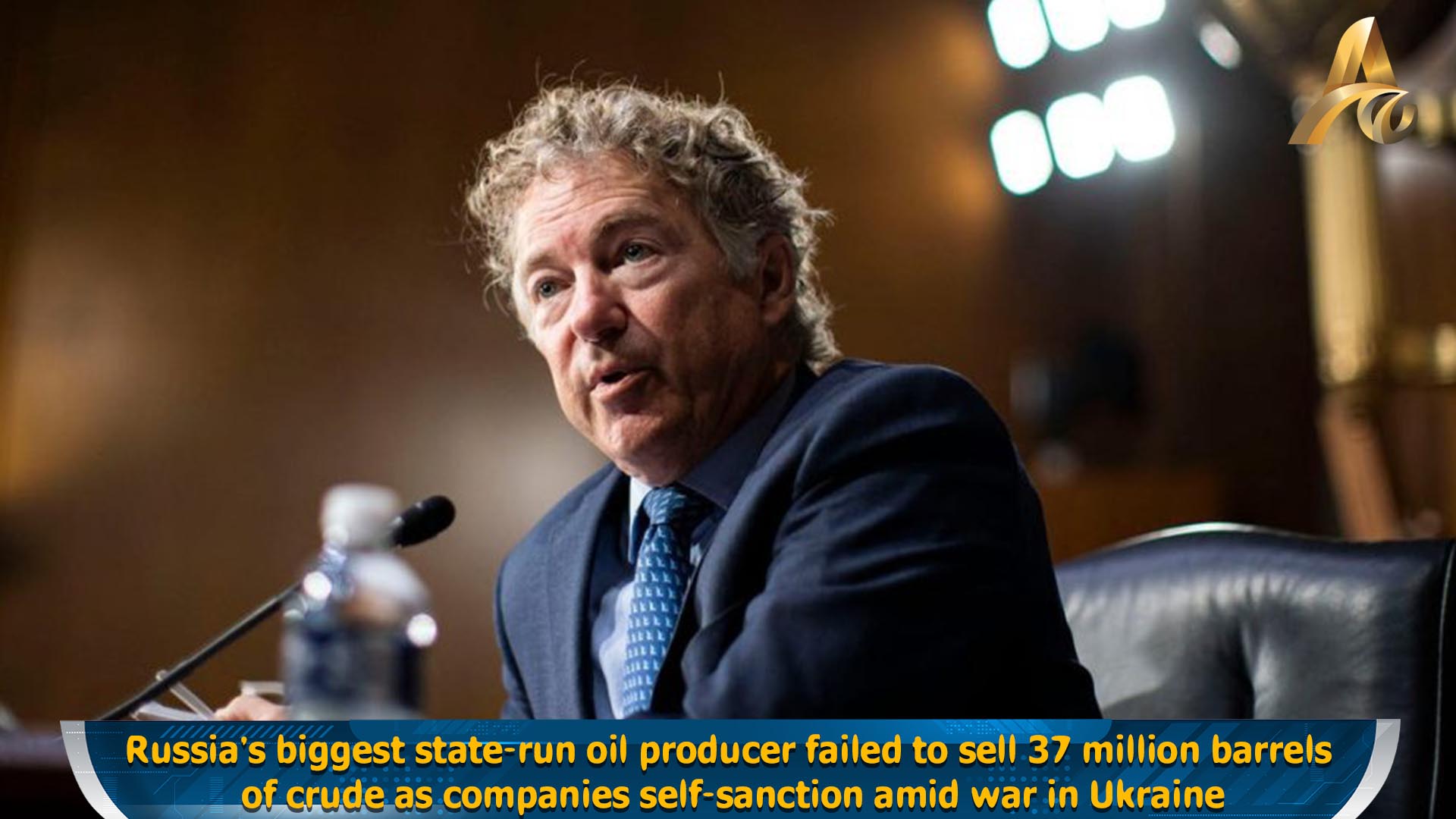
Russia's biggest state-run oil producer failed to sell 37 million barrels of crude as companies self-sanction amid war in Ukraine
INTERNATIONAL: Russia's largest state-run oil producer, Rosneft PJSC, failed to sell 37 million barrels of its flagship Urals crude, traders told Reuters, as European traders continue to look elsewhere for energy products amid war in Ukraine.
Rosneft PJSC had opened up the oil for bids to unload from ports in May and June, but no European customers were willing to participate.
According to the report, some Asian refiners placed bids on the oil, but the state-run refinery did not accept them. Other Asia-based buyers had complained that Roseneft's requirement of 100% prepayment was too stringent.
Since European nations have self-sanctioned or otherwise scaled back from buying Russian crude, producers have faced an increasingly difficult challenge of finding a market.
The ratio of outgoing Urals seaborne exports going to Europe has dropped from 90% to 50%, Bloomberg reported.
India, on the other hand, has boosted its imports of Russian oil, though Asia may not be able to fully absorb the unsold barrels that were meant for Europe.
Notably, steep discounts have led Russian oil sales to India to soar since the war in Ukraine began.
Since February 24, Indian refiners have purchased nearly 40 million barrels of Russian crude. New Delhi has stressed the need for a ceasefire in Ukraine but has yet to condemn Vladimir Putin's actions.
Still, despite widespread reluctance to buy Russian oil in the West, Putin's exports are still reaching the global market. An increasing number of Russian cargoes are marked "destination unknown" as the industry looks for ways to keep business flowing during the war.
So far in April, more than 11.1 million barrels have been loaded onto ships with unknown destinations, compared to nearly zero before the invasion in Ukraine, per the Wall Street Journal.





















